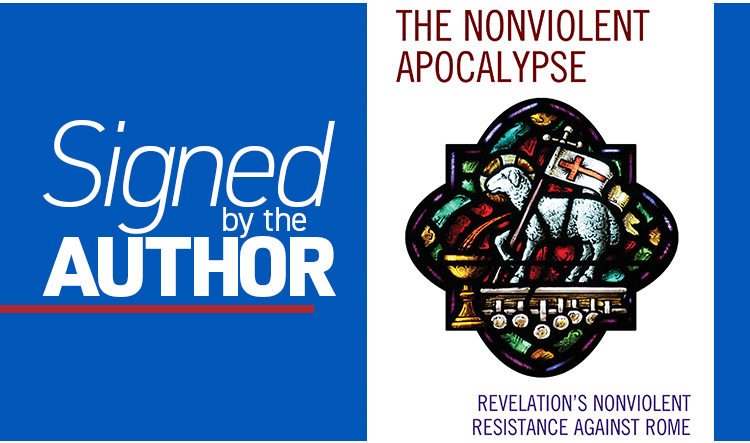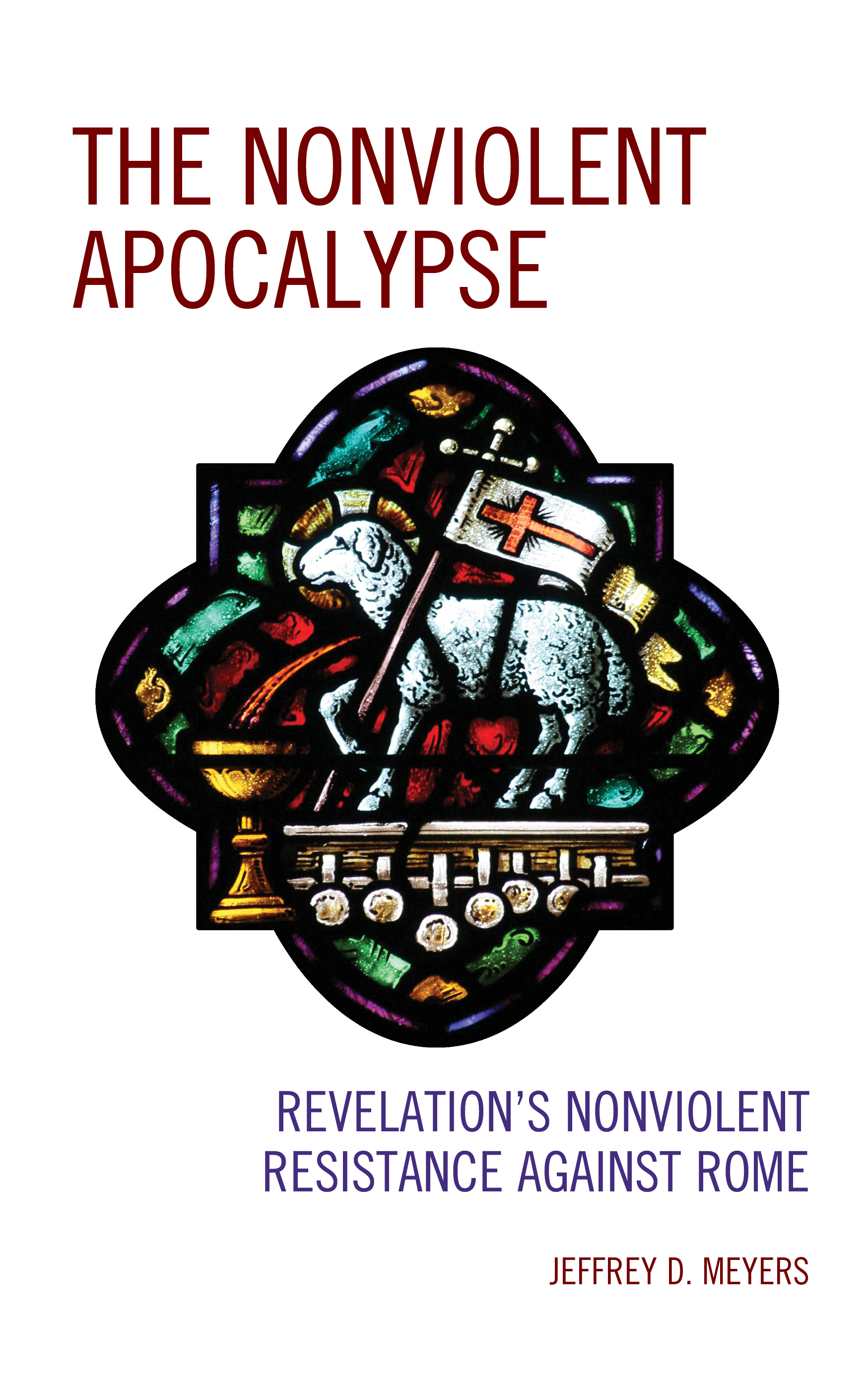 (DePaul University/Jeff Carrion)The nonviolent apocalypse: Revelation’s nonviolent resistance against Rome
(DePaul University/Jeff Carrion)The nonviolent apocalypse: Revelation’s nonviolent resistance against RomeBy: Jeffrey Meyers; Peace, Justice and Conflict Studies program
 (Image courtesy of Fortress Academic/Lexington Books)
(Image courtesy of Fortress Academic/Lexington Books)"The Book of Revelation" is resistance literature written to instruct early Christians on how to live as followers of Jesus in the midst of the Roman Empire. "The nonviolent apocalypse" uses modern examples and scholarship on nonviolence to help illuminate Revelation's resistance, arguing the book's famously violent visions are actually acts of nonviolent resistance to the Empire. The visions form part of "Revelation's" proclamation of God's way as a just and life-giving alternative to the system constructed by Rome. "Revelation" urges its readers to pursue this radical form of living, engaging in nonviolent resistance to all that stands in the way of God's vision for the world.
What's the most surprising thing you learned while writing this book?
I always knew how violent "Revelation's" language is, despite the fact that it never calls the churches to violence. What I did not realize until I started studying it is the extent to which its author, John, employs nonviolent resistance tactics reminiscent of what we now call resistance literature.
What inspired you to write this book?
"Revelation" is one of the hardest books of the Bible to read without help and has long been used to justify violence and harmful ideologies. My hope in writing "The nonviolent apocalypse" was to bring together the cultural knowledge that made "Revelation" comprehensible to its original hearers with modern understandings of nonviolence to explore how it uses nonviolent methods of resistance. This counterbalance to "Revelation's" violent rhetoric is important not only for Christians who regard the book as scripture, but also for anyone concerned about the violent tendencies of certain strands of Christianity.
About the author:
Jeffrey D. Meyers is an adjunct faculty member of peace, justice, and conflict studies at DePaul. He previously edited "The way of peace: A. J. Muste's writings for the Church," a collection of works by the 20th century peace activist and organizer, A. J. Muste.
Publisher and publication date:
Fortress Academic/Lexington Books, November 2021
Signed by the Author allows DePaul faculty and staff to introduce their
recently published or upcoming book or chapter to the university community. To
submit your book or chapter for consideration, contact
Newsline. See more books
published by faculty and staff in the Signed
by the Author column.